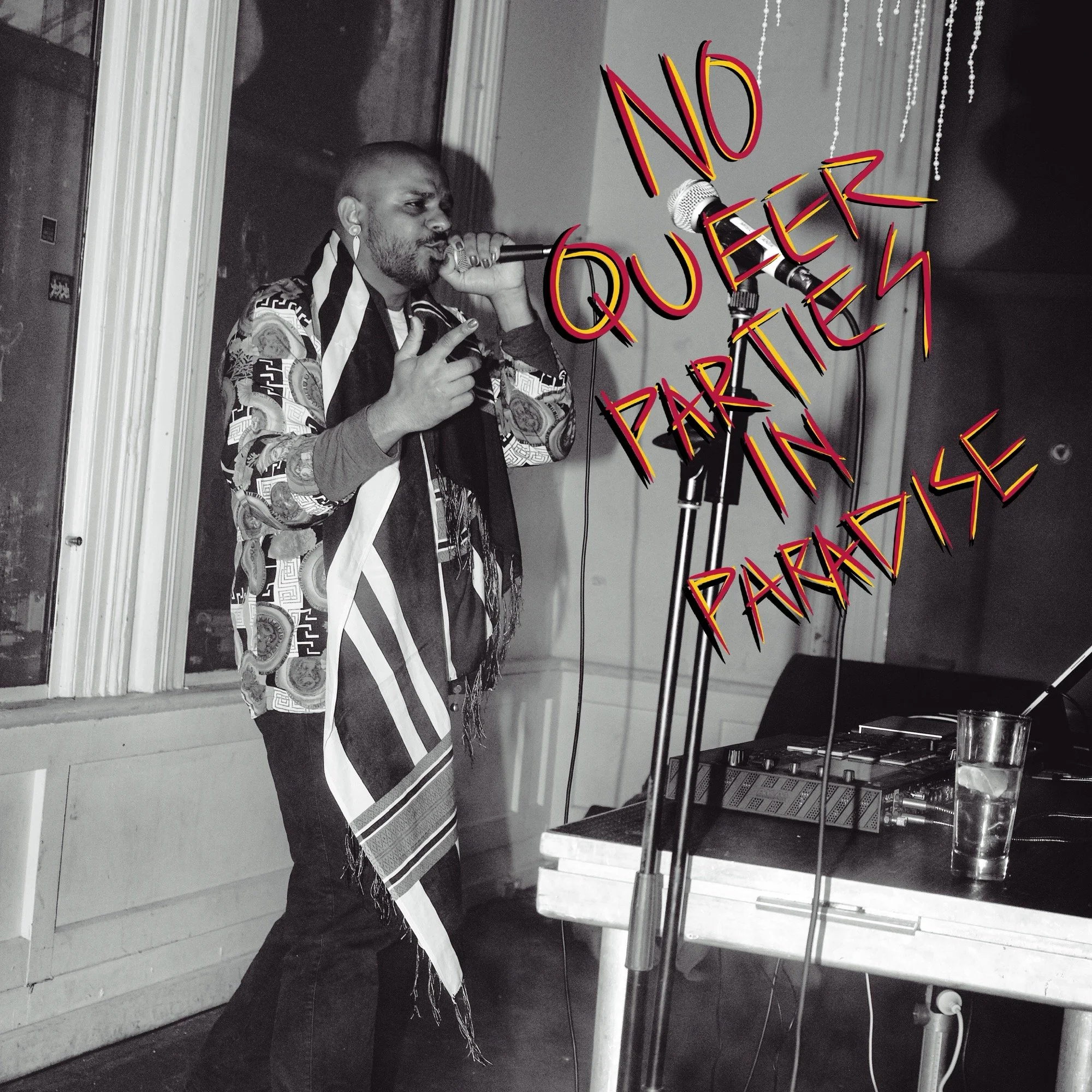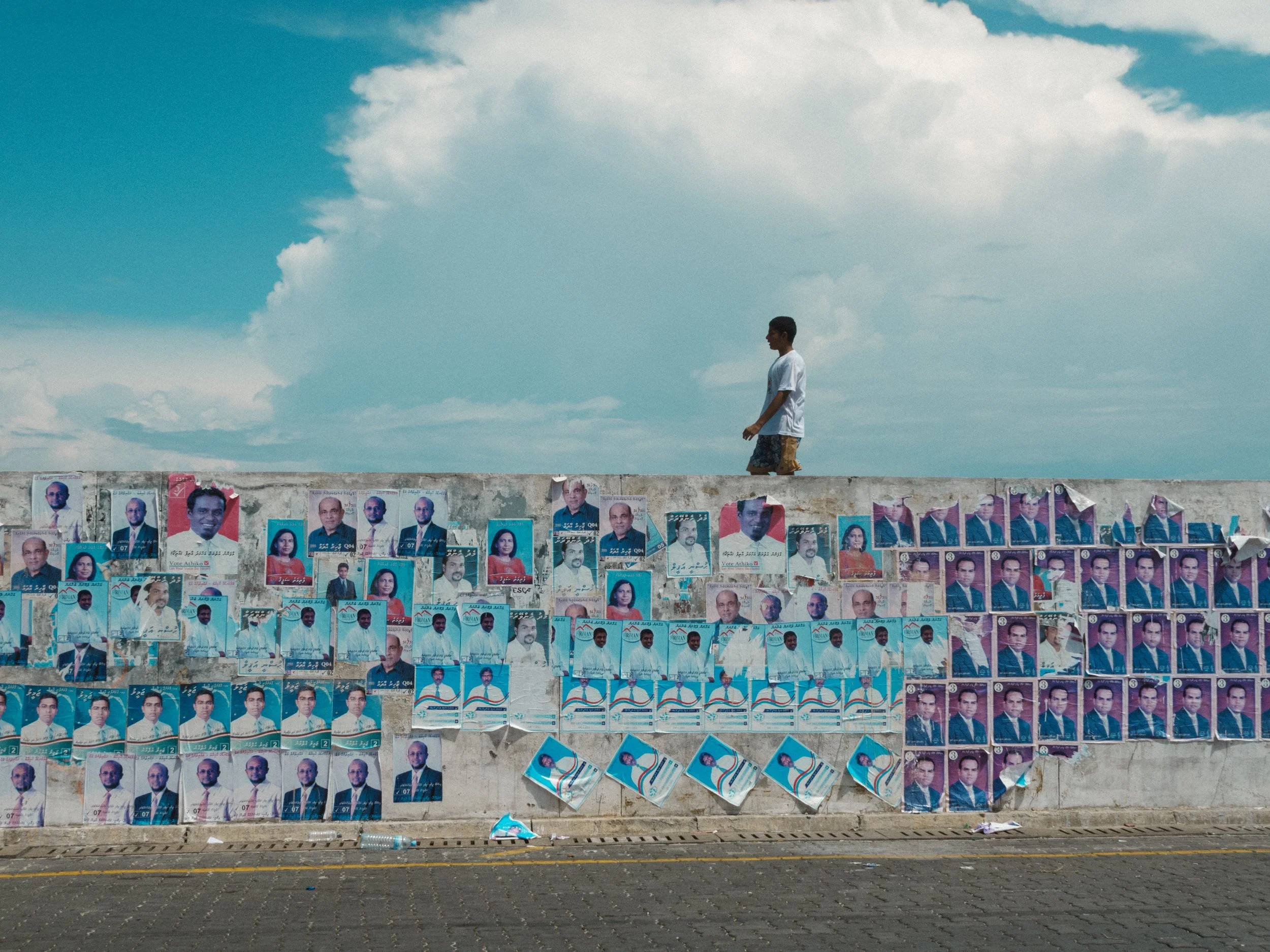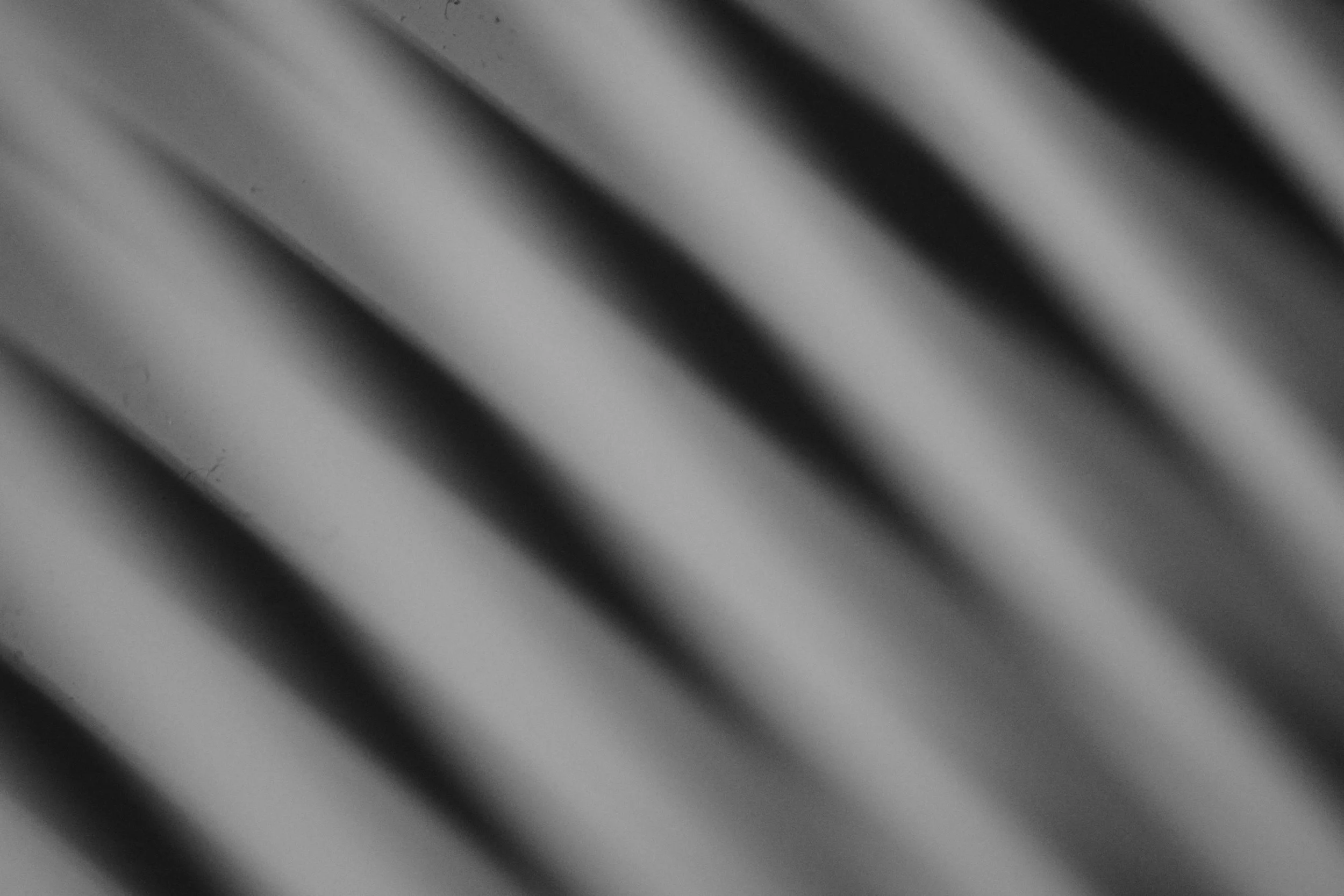Recommended reading:

No Queer Parties in Paradise

How You Make Me Feel
CONTENT WARNING: Self harm, suicide, abuse, homophobia
How You Make Me Feel | Digital | (2022)
There is a lot I want to say about this piece. I draw in an unplanned, organic way. When things appear in my imagination, I add them in.
I imagined hands coming down as spiders, throwing out hooks, manipulating my face, my emotions, how I appear to the outside world.
The hooks would pull and tear at my skin, as the lines pulled through bone and sinew.
Why illustrate such violence towards oneself? Well for one thing it is better than hurting my physical body.
Through the process of this illustration I realised I was expressing some deep traumas that I have not really addressed directly. When I look back at the body of my work, it is obvious where I have subconsciously explored these feelings. In deciding to make this piece with more focus, I found that it drained and took a lot out of me. I worked on it tirelessly until it all came into focus, and when it did, I felt a tidal wave of exhaustion but also relief.
I feel like the time is right to share these stories. They will provide context for this work.

31 Dhivehi Haikus for the month of August
In August during lockdown, I wrote a haiku in Dhivehi each day. It started off with simple Thaana text on black background, and slowly evolved to incorporate my photographs. It is nice to write haikus in Dhivehi as the structure lends itself nicely to counting the syllables.
The poems themselves seemed to take on a very self reflective nature, with common themes being the ocean, Maldivian life, and life in Male’ City.
I have included english translations for each of them. However do note that sometimes the meaning and syllable structure is lost somewhat in translation.
Originally posted on my instagram.

Splinters Act I - The Akasha Frontier is now available on Amazon.com!
Progress update on The Akasha Frontier

Maldives Twitter wakes up to a fever dream where everyone is Ali Rameez
At 12AM on Friday the 23rd of November 2018, a whole bunch of Maldivian twitter users changed their profile pictures to the one above. It shows a young Ali Rameez leaning back, relaxing his head against his arm. The incident is referred to by some as #NationalAyyaDay.

Go Vote
The message this election from all sides of the Maldivian political spectrum has been clear. We do not want you. We do not respect you. We will not tolerate you.

Three Classic Maldivian Music Videos That Totally Don't Normalise Street Harassment
Street harassment is a huge issue in the Maldives. Many women share stories about how they get harassed almost every single day while just walking to work. This has led to many social movements, such as #Nufoshey (don't harass).
The Maldivian entertainment industry has historically led the charge against harassment, responding to this atmosphere of fear by creating some groundbreaking music videos that both shocked and enlightened, dramatically reducing the incidence of street harassment in their wake. Here are three shining examples.

Fear of Humanity
There is not a moment where I am truly at ease. An innocent knock on the door in the middle of the day can create a crippling sense of dread. Is it just the postman? Or is it death come knocking? At night, it is even worse. What darkness lies at the end of the dim hall when I wake to relieve myself when all else is quiet?

5 sociological concepts that every Maldivian should know

A POLICY OF DESTRUCTION - From 'The Maldive Islanders' by Xavier Romero-Frias
This is the final chapter of Xavier Romero-Frias' "The Maldive Islanders". With the direction the Maldives appears to be heading in, it is perhaps even more relevant now than when it was first written. If you wanted to know why so little is done to preserve Maldivian culture and heritage, this is why.

Broken Rainbow
A girl walks along a narrow road. The sun beats down on her from above, as heat rays rise from ground. Her steps echo loudly along the narrow streets and the sounds of traffic and horns blaring can be heard in the distance. The road smells of petrol and concrete. On both sides there were buildings either too small to house those that lived within or ones so ambitiously large that they were never finished being built. There is a sudden rush of air through the road as a flock of roosting pigeons take off. The flurry of sound from their many beating wings gives her a jolt. She looks up to see the blur of wings disappear to reveal a cat walking along the gutter. It looks down at her and meows. She breathes a sigh of relief. As she keeps looking clouds roll over from above, casting the road into shadow.
Drops begin to fall, some of them hitting her eyes; making her squint and look away. The soft pitter-patter crescendos into a thundering roar that drowns out all the sounds of the city. She hurriedly ducks under the cover of a low balcony. The cat appears beside her. It meows and rubs against her leg. She bends down and ruffles its neck. As she scratches its ears the rain stops; just as suddenly as it started.
